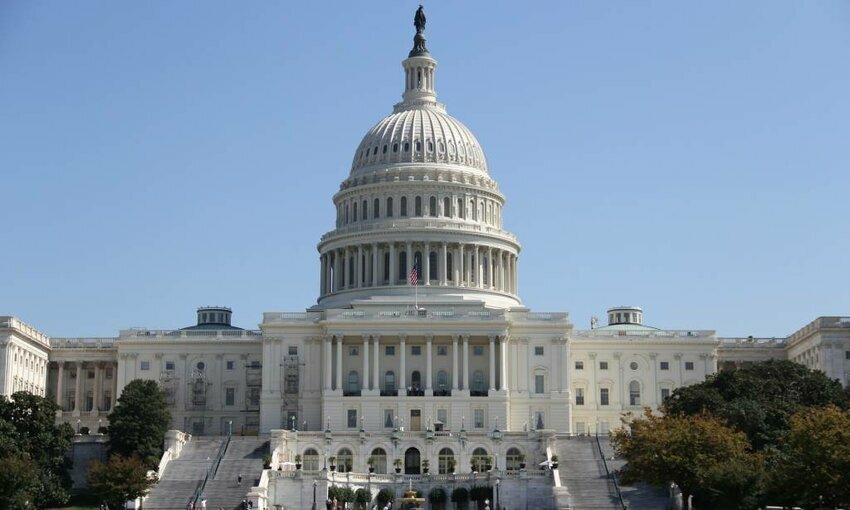 (Credit: Pixabay)
(Credit: Pixabay)The US Senate has voted to end President Biden’s suspension of tariffs on solar panel imports from Southeast Asia made from Chinese parts.
Biden used an executive order to install a two-year ban on tariffs in June 2022 in part to make sure the US had an ample supply of materials to grow domestic manufacturing of renewable energy sources. In a 56-41 vote on May 3, the Senate decided to end the order. That vote follows the US House passing the measure on April 28.
The resolution would use the Congressional Review Act to revoke the executive order on the tariffs, which is an exemption on solar components produced in Cambodia, Malaysia, Thailand, and Vietnam. Biden is expected to veto Congress' decision and it would take a two-thirds vote of both houses of Congress to override that decision.
The Biden Administration has held firm on the need for the tariff suspension and last week in a statement said, “The administration is working aggressively to support domestic solar panel manufacturing. However, these investments will take time to ramp up production — which is why last spring, the President declared an emergency to ensure that Americans have access to reliable, affordable, and clean electricity.”
At the time of last year’s suspension, Biden also authorized the use of the Defense Protection Act to “accelerate domestic production of clean energy technologies, including solar panel parts,” according to the White House. A few months later the Inflation Reduction Act was signed into law, which includes nearly $370 billion in energy incentives.
The Solar Energy Industries Association (SEIA) said in a statement that the Senate’s decision weakens energy security in the US and hurts businesses that are investing billions of dollars in manufacturing clean energy.
“The solar and storage industry must build more manufacturing capacity in America, and the two-year tariff moratorium provides a bridge for us to do just that,” SEIA said. “Demand for American solar products far outpaces what we can build now. Curbing supply at this critical time will hurt American businesses and prevent us from deploying clean, reliable energy in the near term.”
A main component of the opposition to the executive order is that China has violated trade rules and imported solar components at prices that were too low. In December 2022 a US trade court ruled that Chinese companies had illegally tried to avoid tariffs by funneling their products through facilities in other countries in Southeast Asia, according to the New York Times.
Proponents of lifting the tariff suspension say it hurts US manufacturing because of unfair trade practices.
“I support full enforcement of U.S laws that defend American workers and manufacturers against trade cheating, especially when it comes to clean energy,” Oregon Democrat Sen. Ron Wyden said in a statement to The Hill. “Suspending tariffs on Chinese solar cells and modules that have been determined by the Department of Commerce to be circumventing U.S. trade laws will make America less competitive in the clean energy economy.”
Last year, uncertainty surrounding the tariffs was a reason renewable energy prices were on the rise, according to an analysis of the solar power purchase agreement market by LevelTen Energy. PPA prices were up 30% year-over-year around the time of Biden’s executive order, according to LevelTen, and fears existed that tariffs could increase 250% on solar components depending on legal decisions. More than 80% of the US supply of solar components comes from Southeast Asia.